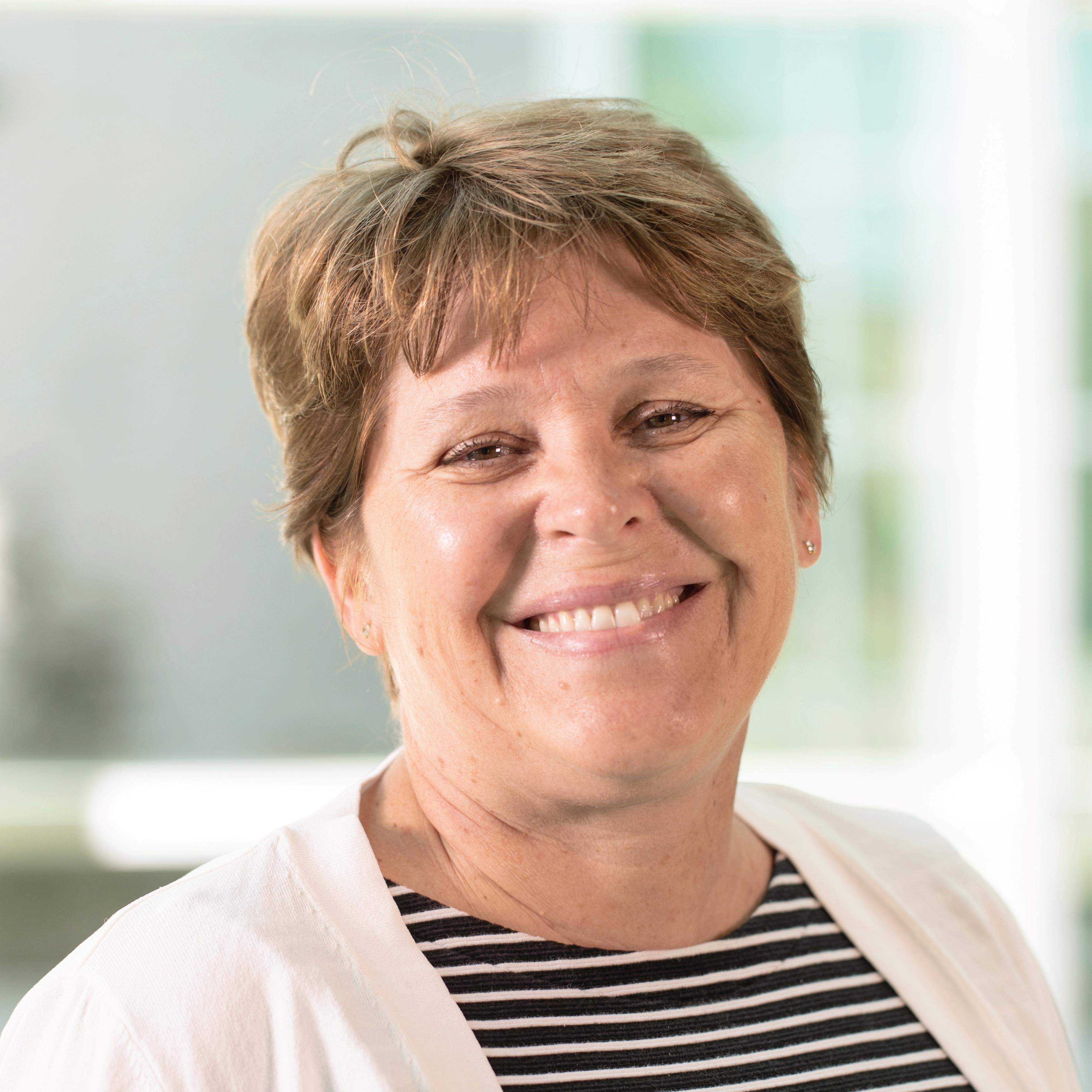
1 minute read
Chemical Engineering
Oriana Vanderfleet
PhD, Chemical Engineering
Degrees Offered: MASc, PhD Entry Dates: September, January, May Admission Requirements: see page 31 Study Options: Full- or part-time for PhD degree.
McMaster houses one of the most distinguished and research-intensive chemical engineering departments in Canada. Four of the 20 chemical engineers selected by the Canadian Society for Chemical Engineering for making the greatest contributions to chemical engineering in Canada in the 20th century were professors at McMaster’s Faculty of Engineering.
McMaster is engaged in leading edge chemical engineering research and has concentrated research groups that collaborate with international industrial sponsors including: • Centre for Advanced Ophthalmic Materials (Insight) • Centre for Advanced Polymer Processing & Design (CAPPA-D) • Centre for Pulp and Paper Research • Interfacial Technologies Group • McMaster Advanced Control Consortium
Areas of Research
BIOMATERIALS AND BIOPROCESSING
Drug delivery, tissue engineering, biocompatible surfaces, bioseparations, membranes, bioreactors, pharmaceutical processing
POLYMER SCIENCE AND ENGINEERING
Polymer synthesis and characterization, polymer reaction engineering, polymer and particulate processing, paper chemistry, nanotechnology, interfacial engineering
PROCESS SYSTEMS ENGINEERING AND CONTROL
Process systems design, process control, optimization, supply chain planning and scheduling, process fault detection and recovery
MATERIALS AND PROCESS MODELING AND COMPUTATION
Molecular modeling, computational fluid dynamics, energy systems, alternative fuels/energy, wastewater treatment, life cycle analysis

Heather Sheardown has spent her career developing ocular health technologies and related drugs that will improve the quality of life for millions of people living with ocular conditions and vision loss. She says her research outcomes would not be possible without the contributions from her students. “My students have energy, enthusiasm and they’re hungry. They want things to happen.” Heather Sheardown
Canada Research Chair in Ophthalmic Biomaterials and Drug Delivery Systems Acting Dean, Faculty of Engineering Professor, Chemical Engineering








